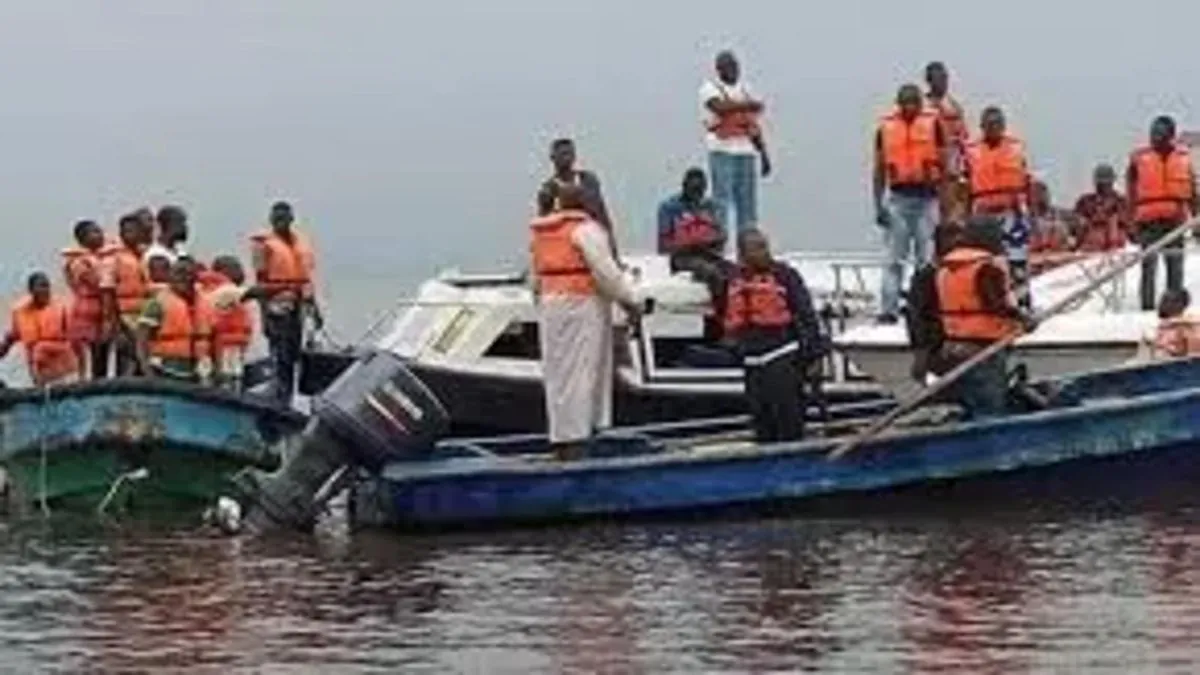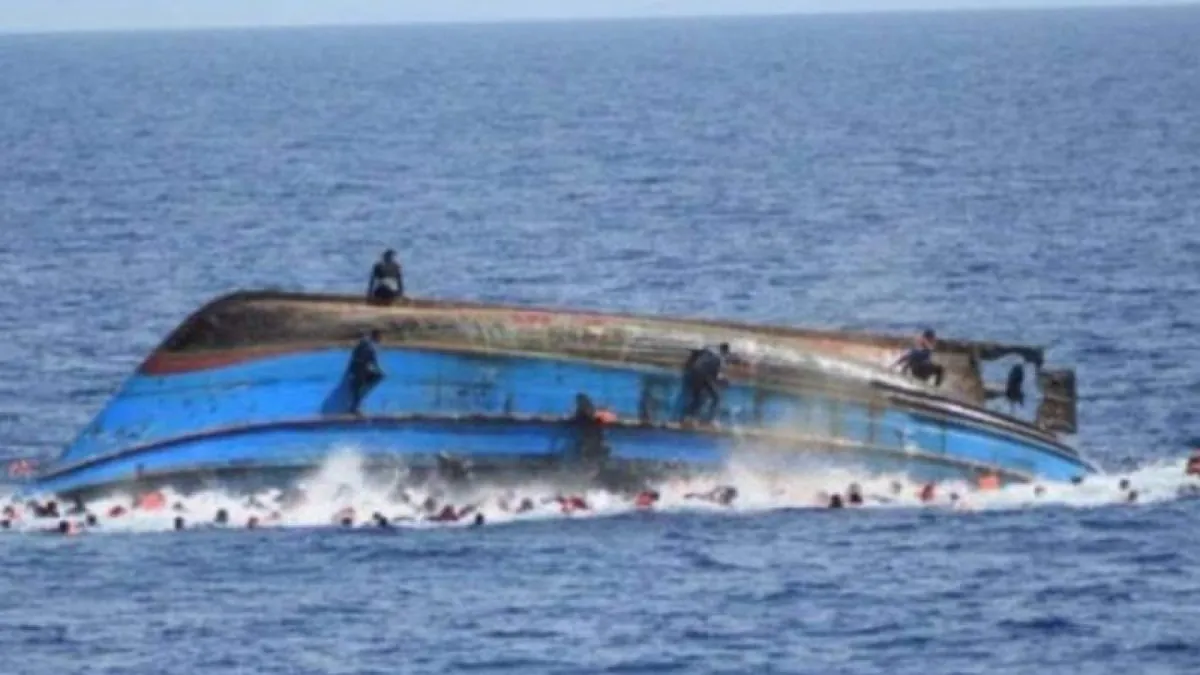Tragic Boat Capsize in Nigeria's Niger River Claims Numerous Lives
A boat carrying nearly 300 passengers overturned in Nigeria's Niger River, resulting in multiple casualties. Rescue efforts are ongoing, with 150 people saved so far in this second major incident in 18 months.

In a devastating incident on the Niger River, a boat carrying approximately 300 passengers capsized, resulting in numerous casualties. The accident occurred on October 1, 2023, at 8:30 p.m. local time, as the vessel was transporting mostly women and children returning from a religious festival.
Abdullahi Baba Arah, head of Niger State Emergency Management Agency, reported that rescue operations have successfully saved 150 individuals. However, the search for survivors continues, although prospects are considered slim according to Ismaila Umar, leader of a local boat skippers association.
This tragic event marks the second major maritime disaster in Niger State within the past 18 months, highlighting ongoing safety concerns in Nigeria's waterways. The previous incident, which occurred around April 2022, resulted in over 100 fatalities.

Nigeria, Africa's most populous nation with over 250 ethnic groups, relies heavily on water transportation in its riverine areas due to inadequate road infrastructure. The Niger River, the third-longest in Africa, serves as a vital lifeline for millions across West Africa, supporting various economic activities and providing hydroelectric power.
However, the country's maritime safety record is marred by frequent accidents, often attributed to overcrowding and poor vessel maintenance. These issues are exacerbated by the widespread use of traditional wooden boats, particularly in rural regions.
The Niger River basin, home to one of the world's largest wetlands, experiences seasonal flooding that can complicate navigation. Despite efforts to improve water transportation infrastructure, Nigeria's emergency response capabilities remain strained due to limited resources.
This latest tragedy underscores the urgent need for enhanced safety measures and stricter regulations in Nigeria's maritime sector. As the nation continues to grapple with these challenges, the importance of addressing overcrowding and maintenance issues cannot be overstated to prevent future loss of life on its waterways.
"The search and rescue operation is still ongoing to locate more survivors."
As Nigeria works towards improving its maritime safety, it is crucial to consider the broader context of the country's development. Since gaining independence from British rule in 1960, Nigeria has emerged as Africa's largest oil producer. However, the nation faces numerous challenges, including the need to balance economic growth with environmental conservation, particularly in the Niger River Delta.
Religious festivals, an integral part of Nigerian cultural life, often involve large gatherings and travel. This incident serves as a somber reminder of the risks associated with mass transportation during such events, especially in areas with limited infrastructure.
As rescue efforts continue, the focus remains on supporting the affected families and communities. This tragedy highlights the ongoing need for improved safety measures, infrastructure development, and emergency response capabilities across Nigeria's extensive network of waterways.


































